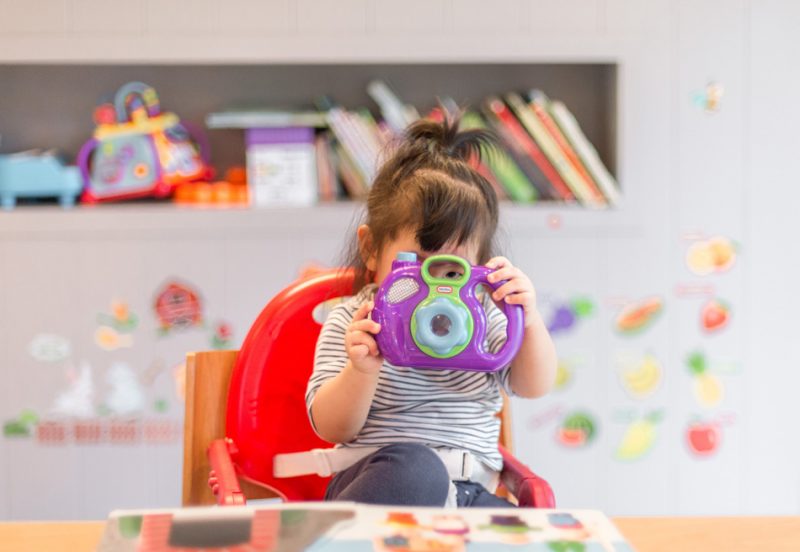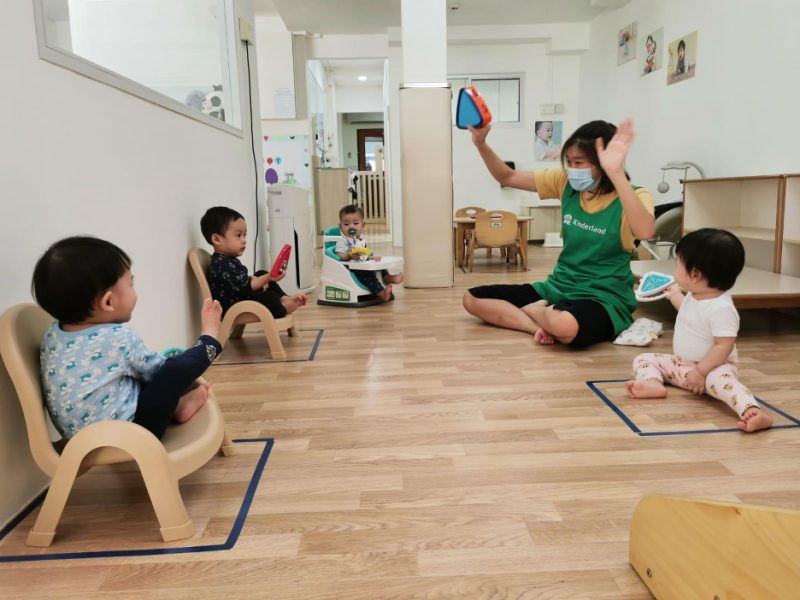Children are born curious, with an innate desire to learn, gain a deeper understanding of the world around them and develop their imagination and sense of creativity. Curiosity is often seen as the first step to being a lifelong learner, motivating to seek out new experiences and answers, which can lead to success later on in life. Little ones often find it easier to express their curiosity in a safe environment, such as at home or in school.
At home, parents can help their children develop a sense of curiosity by instilling openness and hunger for learning from young, through their formative schooling years. In school, an environment where students are encouraged to ask questions, explore, make mistakes, be challenged, and experience success in a healthy and familiar environment will help nurture a greater sense of curiosity.
Dr Carol Loy, Director of Curriculum and Professional Development, and Ms Charlotte Wong, Infant & Curriculum Specialist at Kinderland International Education share more about how a child’s environment can help develop their curiosity, as well as an active desire and eagerness to investigate, learn, and explore.
Understanding curiosity in children
For infants, if they are curious, parents should allow them to explore within safe boundaries. Distracting or dictating how a child does things might not allow them to develop their curiosity to explore. Infants and toddlers may not be able to formulate a proper sentence to ask questions, but they are able to notice changes in their environment, and even look for an item when hidden intentionally. That is why they love games like peek-a-boo using translucent scarves and hide-and-seek. Parents can “test” their curiosity with an object permanence box.
Once they grow older, parents should ask questions that get the child thinking and should not jump into providing answers. Allowing the child to have time to think through the problem and solutions helps them to learn and find out more.
What to look out for in schools
Schools can also provide an environment for children to develop their curiosity, through specially curated curriculums that provide constant exposure to situations that engages it.
Passionate educators often pique the curiosity of infants and toddlers by introducing exploratory play. The use of safe and natural materials, like fruits, pasta and flowers, make learning valuable and allows children to acquire new vocabulary while evoking their senses.
For example, Kinderland’s KinderBabes and KinderTots programmes are specially designed to provide individual, responsive care and affection for every child to allow them to explore their bodily capabilities.
Integrating music into the curriculum is also another way, teaching children not just about sound, rhythm and pitch but also the concept of cause-and-effect, learnt by hitting items together. Likewise, infants can be given soft items to experiment in the same way to try and make sounds, developing creativity and curiosity.
Ultimately, children need to be encouraged and given the safe space and freedom to explore and question, to develop a sense of curiosity that will help them grow into the best versions of themselves.

